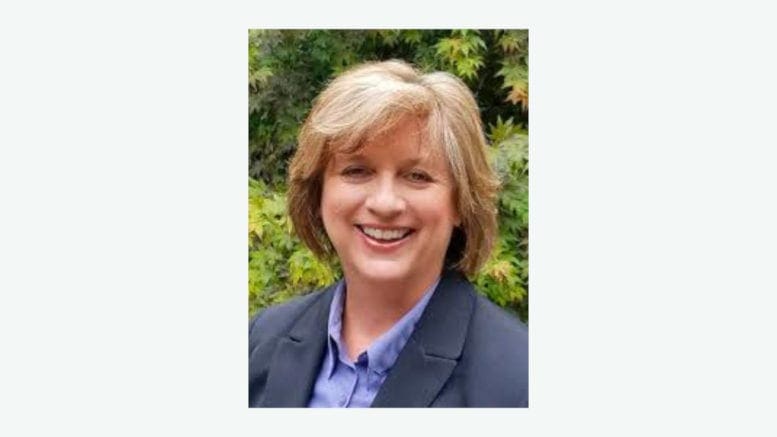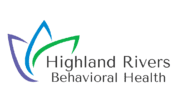By Melanie Dallas, LPC
I’ve always loved Veterans Day – the eleventh day of the eleventh month each year that we celebrate the men and women who chose to dedicate at least a few years of their lives to the defense of our nation by serving in the United States military.
Of course, some people give many years of their lives to military service, some did not actually choose to serve – but did nonetheless – and some even gave their lives in service to our nation. And while you personally may not have served in the armed forces, you very likely know someone who did and Veterans Day is a good time to acknowledge their service and thank them.
After working in the behavioral health field more than 30 years – and now as head of one of the largest public behavioral health providers in Georgia – I’ve gained an even more impassioned perspective about Veterans Day, and especially the veterans who may find themselves with behavioral health needs as a result of their service.
While I could likely cite dozens of statistics about veterans’ mental health, most can be summed up in a few simple facts from the National Center for PTSD (post-traumatic stress disorder) at the US Department of Veterans Affairs (VA). First, veterans are more likely to develop PTSD than civilians. And second, PTSD is three times more common in veterans who deployed than those who did not.
With American engagement in nearly two decades of ongoing conflicts in various regions of the world, the US Census Bureau reports there are now approximately 18 million veterans in the U.S., including more than 90,000 in the 13 counties served by Highland Rivers. Of course, the majority of veterans, even those who deployed, will not develop PTSD or any other mental health or substance use disorder as a result of their service.
But for those who do, access to mental health and substance use treatment services is critical, as having one type of behavioral health disorder often increases the risk of having others. Services that are specific to veterans can be especially important – the shared comradery of the battlefield often remains very important to veterans once they transition to civilian life.
That’s why Highland Rivers Behavioral Health has continued to prioritize and expand our services to veterans. In fiscal year 2023 (July 1, 2022 to June 30, 2023), we provided over 5,600 individual services to 461 veterans we served. While many veterans have private insurance or VA benefits, many do not – and as a public safety net agency, we prioritize veterans who have no insurance at all. In fact, in FY23, more than 60% of the veterans we served qualified for some level of state-funded services.
While we have always offered outpatient services to veterans and their family members, we also work closely with local Veteran Courts, and provide veteran counseling groups in two of our counties. We have four residential substance use treatment programs, two each for men and women, crisis care services and community-based services, all of which are available to veterans regardless of their ability to pay.
Last year, Highland Rivers also received a Staff Sergeant Parker Gordon Fox Suicide Prevention Grant from the VA which allowed us to establish a community-based veteran response team – all of whom are veterans themselves – to intervene quickly for veterans in crisis and provide expedient access to needed clinical services. The program currently operates in Cherokee and Pickens counties, and we recently received funding to expand into Cobb County.
Highland Rivers is proud to serve veterans, especially those who may have no other place to turn. We have worked hard to ensure our services meet the unique needs of veterans, and that no veteran in need will be turned away. I believe that’s the most important thing we can do to recognize Veterans Day, every day of the year.
Melanie Dallas is a licensed professional counselor and CEO of Highland Rivers Behavioral Health, which provides treatment and recovery services for individuals with mental illness, substance use disorders, and intellectual and developmental disabilities in a 13-county region of northwest Georgia that includes Bartow, Cherokee, Cobb, Floyd, Fannin, Gilmer, Gordon, Haralson, Murray, Paulding, Pickens, Polk and Whitfield counties.



